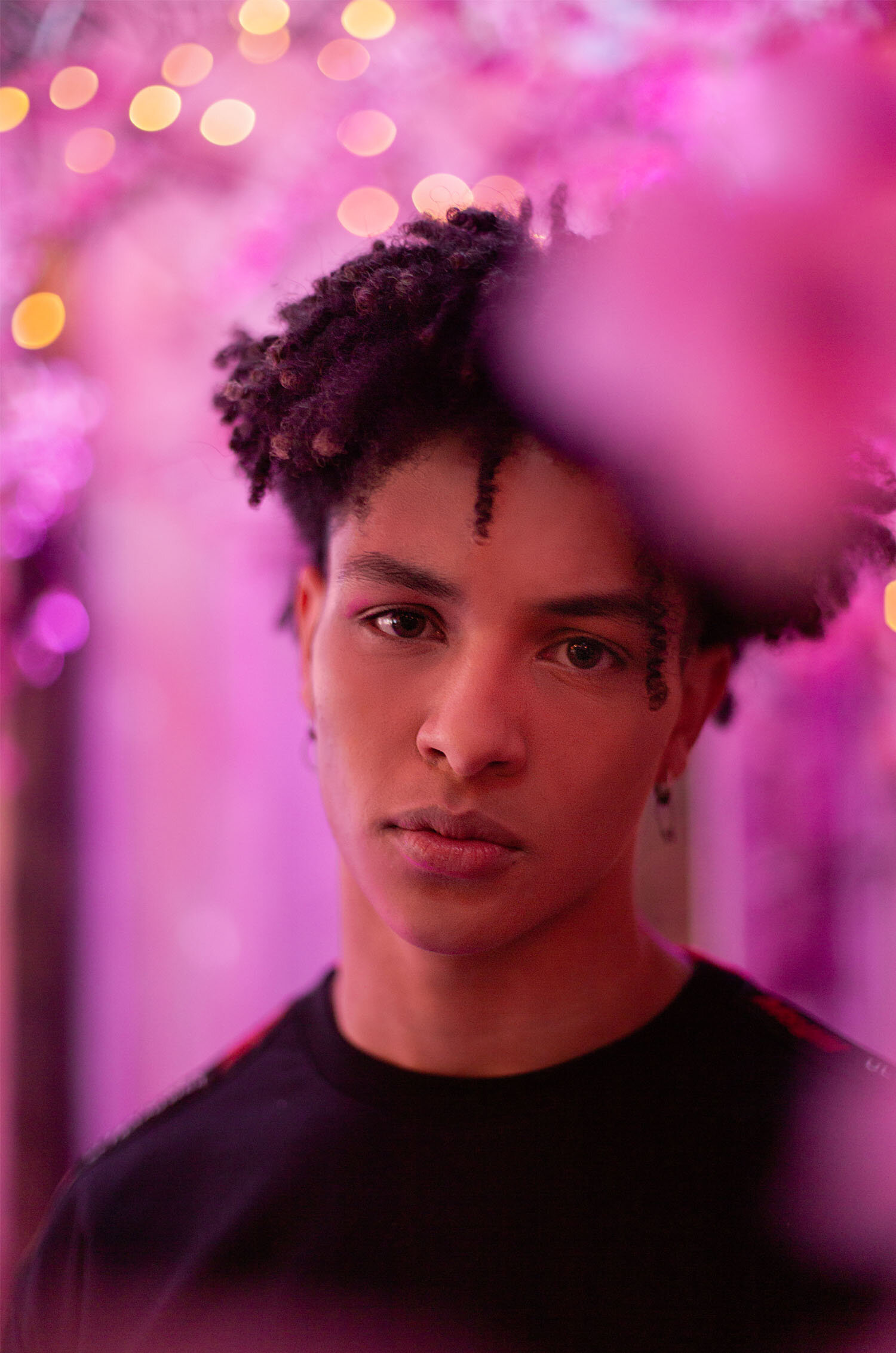How To Select A New Fragrance
The sole purpose of a fragrance is to make you seem more attractive. Over do it with the wrong scent and be at the risk of smelling like you’ve just walked out of a brothel in Marrakech. On the contrary, deciding to go without is equally as risky, providing you don’t want to smell like the seat of a gym bike.
Luckily for us gents, men’s grooming products are becoming as big a part of grooming retail as women’s, minus the makeup of course. For some time now statistics have been showing us that cosmetics and surgical enhancement is no longer demanded exclusively from the fairer sex. Just as gyms are no longer the men’s clubs they used to be, we now live in a unisex physical improvement culture.
A beautiful aroma to enhance your presence has been around for many years. For Greek and Roman societies only men would use fragrance, curling each other’s beards with scented oils daily. In Medieval Europe both men and women would use fragrances to scent the body and clothes and it’s thought they believed smells would protect them from disease that lingered in the air.
Hundreds of millions of pounds are spent every year on men’s fragrance. A walk through duty free in any major airport will give you an insight into consumer spending habits. If the airports are supplying what we demand then we like getting drunk and smelling nice, who would have guessed?
Fragrance is now more than ever an important aspect of male presentation. The same as with clothing for different occasions, a man should have a ‘wardrobe’ of scents for different moments. The trouble is most men choose one by splashing a designer they know or are familiar with on their hand with no idea what they are looking for, or even worse, picking up the bottle they like the look of most. They then go around sniffing themselves for half an hour, get confused between the growing number of scents they are adding to their skin and go back to buy their trusty old favourite Hugo Boss or CK One which has “never let them down before”.
This is a shame because if you were able to select in the right way, you could have a nice collection by now. The problem is no one teaches us this stuff because to be quite honest, no one really knows. It isn’t regulated by anyone and there isn’t much useful information on the bottles either. The better way to first understand is through basic terminology.
Without getting too caught up in the chemistry the easiest difference to spot from the small amount of information on the label is the strength. Generally from weakest to strongest scents are labeled ‘aftershave’, ‘cologne’, toilet water’ and ‘perfume’. This means the essential oils are more highly concentrated in perfume than in toilet water. This also means the price will be higher.
Most of the hard work has to be done with your nose. So, the second thing to be aware of is the various types of scent for a gent.
Citrus aromas usually come from ingredients such as, Lemon, Lime, Grapefruit, Orange and Bergamot. Considered to be very light and brisk with a fresh summer quality.
Spice, which generally includes Nutmeg, Cinnamon, Clove, Bay Oil and Basil. Considered heavier than citrus but still in the fresh category.
Leather, usually concocted of oils from Juniper and Birch which gives a smokey aroma.
Lavender and various other florals which are known for their warm and delicate scent.
Fougère, which is French for ‘fern like’ give a herbal and green outdoor fragrance.
Woody smells come from Vetiver, Sandalwood and Cedar. All clean scented, but darker than fern.
Finally, Eastern aromas, such as Musk, Tabac and some Bay Oils. These are the heaviest and most pungent.
Becoming more familiar with the labeling and strength categories along with the different scents available to a gent, puts you in a much stronger position to make wiser decisions. It’s important to note that in different settings, a man should smell appropriate. Business would require a man to smell clean and fresh, not as though he’s been bathed in love potion.
Men who are successful in this area know the impression of cleanliness with just a hint of sophistication is all they need to make their presence known. Good fragrance doesn’t overpower. So, because heat tends to intensify fragrance, it’s best to wear the lightest scents in warm weather and save stronger ones for Autumn/Winter.
Scents don’t improve with age, even the best cologne will change over time, especially if exposed to direct sunlight or left unsealed. This leads me to believe buying smaller bottles more regularly is a better method than buying a large tankard once a year. It’s a false economy as the scent will undoubtedly deteriorate.
In conclusion it’s worth mentioning that various scents react differently to different skin so test before buying. A recommendation isn’t enough for a good decision. To test, just splash a drop on the inside of the wrist and rub them together and take a smell. Wait a few minutes and then smell again. If you still like the fragrance or if you can even still smell it, then it’s safe to buy. If you are not happy, wash your hands and wrist thoroughly, wait half an hour before trying again. Don’t try too many smells at once as you are concocting a completely new scent on your skin with the smells blending together.
There are no rules whatsoever on where and how to apply your new fragrances. However, some argue that with blood flow being stronger in the neck and wrists these areas will intensify the fragrance more through heat. This also means the scent will evaporate faster.
I personally spray 3 times across my neck, each jacket shoulder and then both wrists and rub together. I typically do this twice a day.
The right collection of fragrance, applied to the right situations in the right amounts is the perfect way to make your presence felt and increase your attraction in a subtle way.
Happy Shopping.

